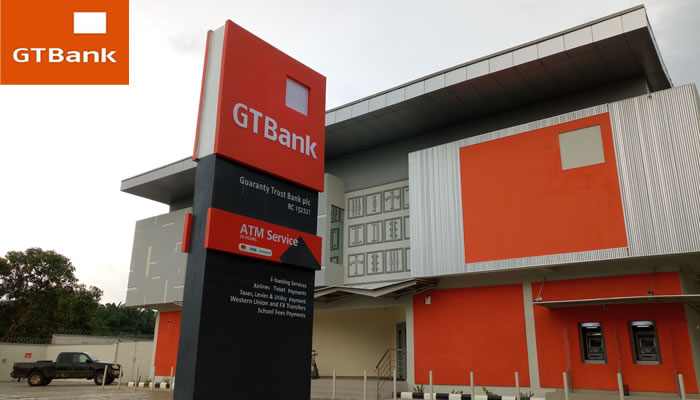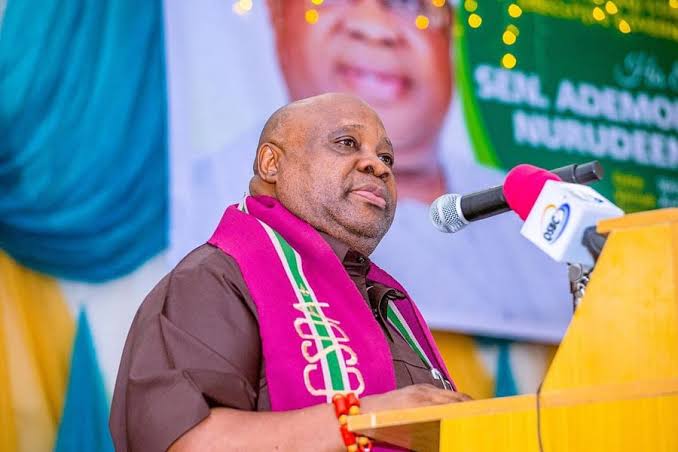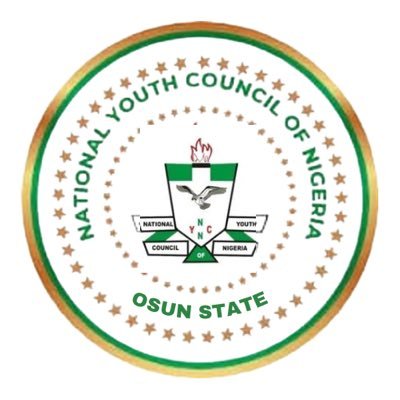
The Crude Oil Refinery-owners Association of Nigeria (CORAN) has criticized the Nigerian government for failing to ensure local refineries meet the nation’s fuel demand.
According to the Nigerian Midstream and Downstream Petroleum Regulatory Authority (NMDPRA), the country’s daily petrol demand is 50 million liters.
CORAN argued that regulators have not allocated enough crude oil to domestic refineries, preventing them from operating at full capacity. They accused the authorities of favoring the issuance of import licenses over supporting local refining operations.
CORAN’s Publicity Secretary, Eche Idoko, voiced these concerns during an interview with reporters on Thursday, highlighting the absence of crude oil allocation under the Domestic Crude Oil Supply Obligation (DSCO) framework.
This statement followed a recent revelation by the NMDPRA that Nigeria’s three active refineries contribute less than 50% of the country’s daily petrol consumption. To bridge the gap, the shortfall is being filled by imported refined products. NMDPRA also reported that the country consumes 50 million liters of petrol daily.
However, CORAN contended that the real issue preventing local refineries from meeting demand is the government’s refusal to allocate enough crude oil to these facilities.
Idoko revealed that for over six months, local refineries have not received any crude oil under the DSCO or any special arrangement.
He pointed out the contradiction in the government’s ongoing reliance on imports despite having untapped local production capacity due to insufficient crude allocation.
“The problem isn’t that local refineries want to import; it’s that the country is willing to keep importing despite having the capacity to refine domestically,” said Idoko.
“Why aren’t our refineries producing? It’s not a capacity issue. The real problem is the failure of the regulators to address the challenges hindering the optimal operation of these refineries.”
Idoko emphasized that under the Petroleum Industry Act (PIA), crude producers are required to prioritize domestic obligations before exporting, yet this has not been enforced. The issue, he insists, lies in the lack of an effective framework to facilitate these transactions.
“We’ve repeatedly urged regulators to treat access to crude for local refineries with the same urgency they show when issuing import licenses,” Idoko added.
“The regulators have made little effort to foster domestic refining. Even the Dangote refinery, with its massive capacity, has not secured the necessary arrangements with the government to lift crude oil.”
The CORAN spokesperson criticized the government for failing to make progress on this issue, especially in light of the DSCO guidelines passed last year. These guidelines have yet to result in a single refinery receiving crude under the new framework.
“The document is ineffective,” Idoko remarked. “If the framework isn’t operational, it doesn’t benefit local refineries, and something needs to change.”
While not directly blaming the government, Idoko pointed to the regulators as the responsible party for ensuring a functional platform for local refineries.
“If the proper mechanisms aren’t in place, they simply don’t exist,” he explained. “Producers will tell you there’s no framework for supplying crude to refineries.”
According to CORAN, the public should hold the NMDPRA accountable for the ongoing issues preventing local refineries from meeting demand. Idoko stressed the need for the NMDPRA to address issues like access to feedstock and create a binding framework that enables local refineries to meet domestic demand.
“If the NMDPRA is serious about improving local refining, they need to ask themselves: Have they done enough to resolve the issues stifling local refineries?” Idoko said. “We don’t need more talk about how imports harm the economy. We know importing is unsustainable. The public needs to understand why we’re still importing when we have the capacity to produce domestically at a lower cost.”
Idoko also referenced Dangote Refinery’s appeal last year for marketers to purchase products from its nearly full storage tanks due to the significant gap in domestic refining capacity.
“If a refinery of that size is struggling because of a lack of crude, why are the regulators still claiming that our refining capacity is underperforming?” he asked. “These refineries have been requesting crude for over two years.”
In his critique of the government’s handling of the sector, Idoko called for greater transparency. “The regulators must provide a full report on the last refinery to receive a single litre of crude. Our members haven’t received any crude in six months. How can they be expected to produce without the raw materials?”
Idoko acknowledged that refineries have not been denied licenses but insisted that there must be fair competition.
“Let there be a level playing field for everyone. If crude is being supplied to local refineries, let the regulators publish the quantities and charts showing what has been supplied,” he said. “Without transparency, the claim that local refineries are underperforming is unfounded.”
Petrol Landing Cost
Meanwhile, the cost of landing petrol on Nigeria’s shores has decreased to N928.99 per litre. Dealers confirmed this cost includes various expenses like shipping, import duties, and exchange rates.
According to the Major Energy Marketers Association of Nigeria’s daily energy data, the estimated import parity into tanks at the ASPM terminal was N928.99 per litre on Thursday, up by N1 from N927.27 per litre on February 7, 2025. At the NPSC terminal, it was priced at N929.05 per litre. The report also noted that the 30-day average cost rose to N969.94 per litre, compared to N938.67 per litre on February 7.
The price of Brent crude was pegged at $75.84 per barrel, with an exchange rate of N1,507.22 per dollar.
Advertisement







